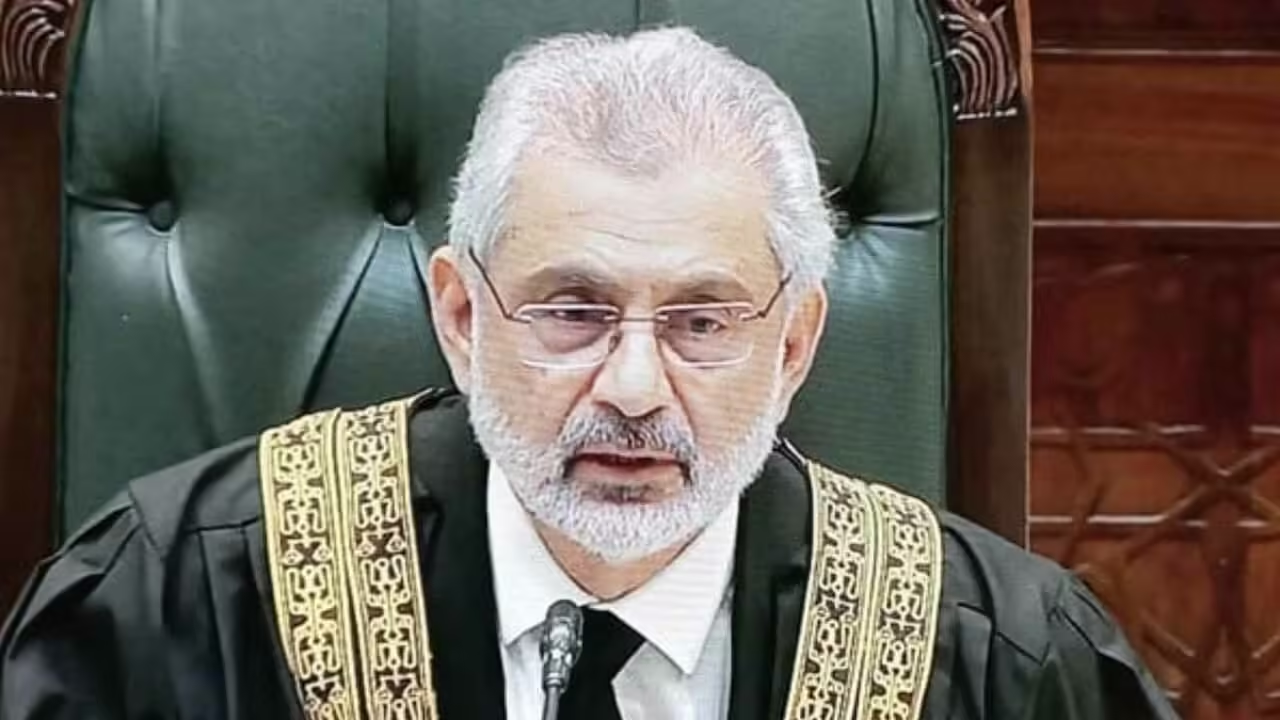The Supreme Judicial Council in Pakistan has taken significant steps regarding allegations of misconduct against judges, leading to a series of notices and investigations. In a recent session, the council reviewed numerous complaints and made consequential decisions, reflecting the commitment to uphold the integrity of the judiciary.
A majority decision within the council resulted in Justice Syed Mazhar Ali Akbar Naqvi being served with show-cause notices in response to ten complaints of misconduct. These notices require Justice Naqvi to respond within 14 days. While some of these complaints are related to his conduct, others concern his alleged failure to follow proper procedures and standards expected of a judge.
In contrast, Justice Ijaz ul Ahsan received a favorable verdict as the complaints against him were dismissed. The decision was based on the council’s assessment that no further action was required concerning the allegations.
Additionally, allegations were made against Chief Justice Sardar Tariq Masood by Amina Malik, the head of the Society for Society Network Pakistan. However, following a hearing, it was decided that her complaint did not contain the necessary elements. Therefore, she was instructed to provide further material to substantiate her claims.
During the session, the council meticulously reviewed a total of 29 complaints. Of these, 19 were rejected, indicating that no misconduct was found on the part of the judges. The council emphasized its commitment to preventing frivolous and unnecessary complaints from being filed against judges, and complainants who were deemed to have submitted complaints without just cause were warned.
Notably, the council decided to enhance transparency and prevent undue comparisons in future decisions. In a significant move, the council released a press statement to announce its findings. This action ensures that the public and media are kept informed about the proceedings, allowing for greater transparency in the council’s activities.
The Supreme Judicial Council, a constitutional body responsible for investigating and determining complaints against judges, held this session to maintain its integrity and objectivity. It consisted of a panel of judges, including Chief Justice Qazi Faez Isa, Justice Sardar Tariq Masood, Justice Ijaz ul Ahsan, Chief Justice Lahore High Court Amir Bhatti, and Chief Justice Balochistan High Court Justice Naeem Akhtar Afghan.
This session reflects the commitment of the Supreme Judicial Council to uphold the rule of law, ensure accountability within the judiciary, and maintain transparency in its procedures. The decisions taken will have far-reaching implications for the legal landscape in Pakistan, promoting fairness and justice in the nation’s judicial system.



